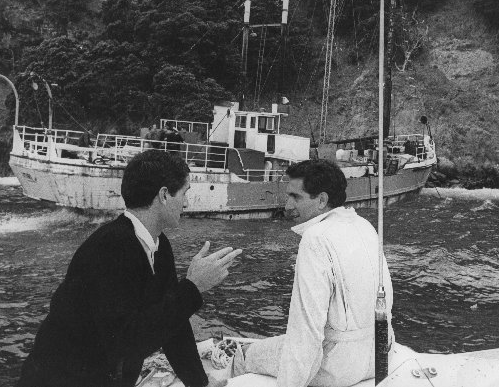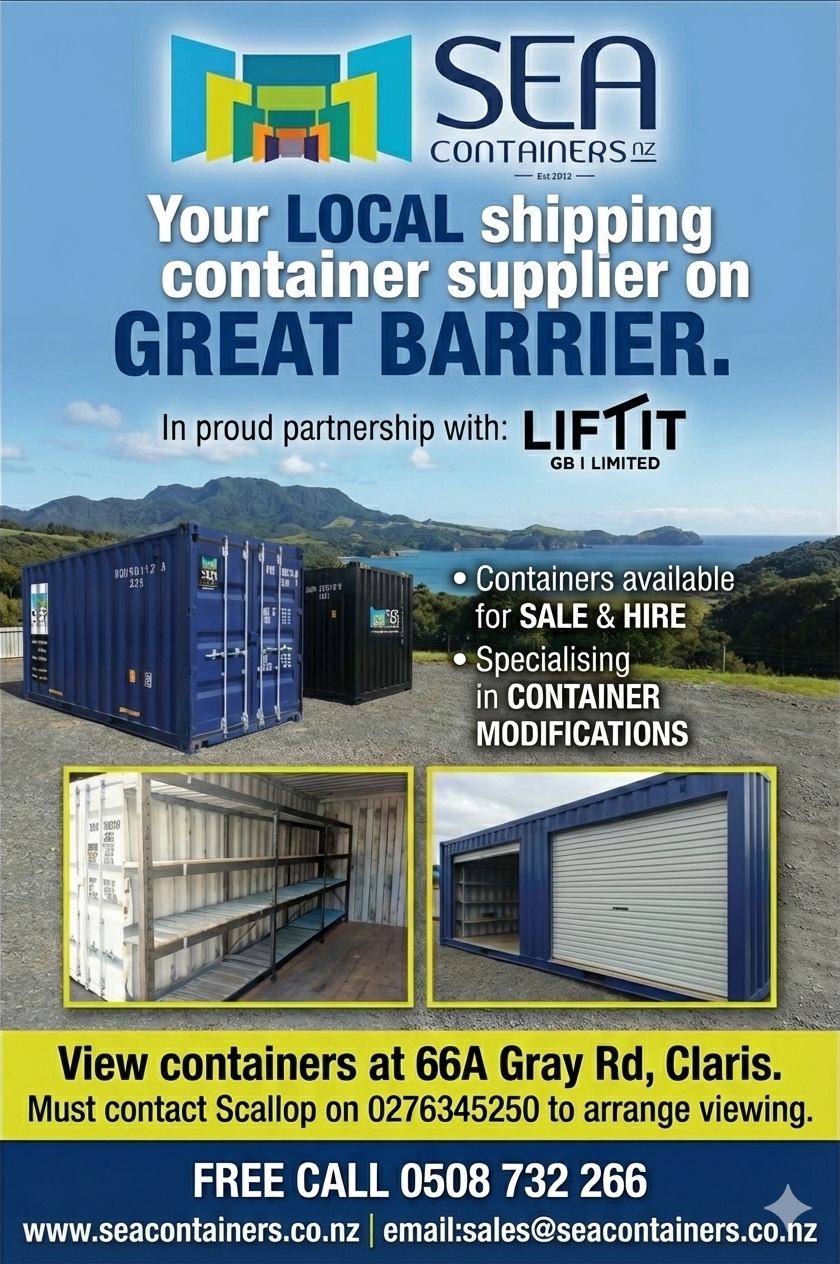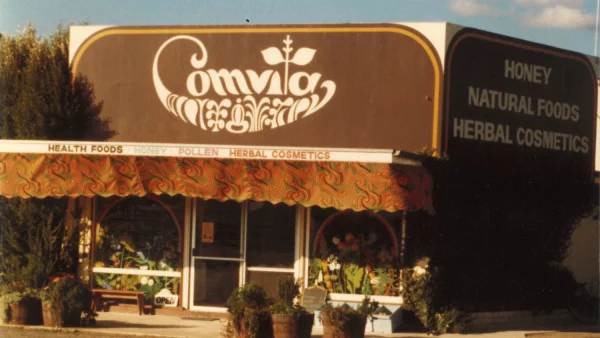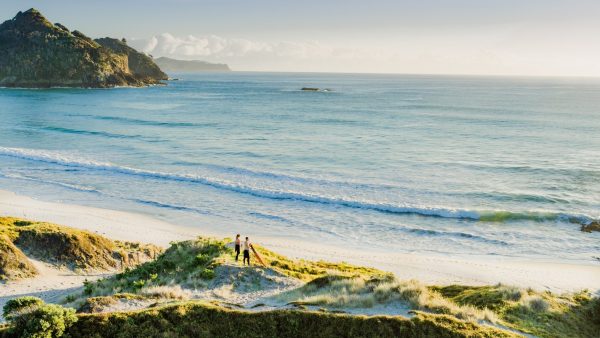David Gapes (right) near the pirate radio ship Tiri aground on Great Barrier Island. Photo / NZME
David Gapes, a key figure in the foundation of Radio Hauraki and a trailblazer for independent media in New Zealand, has passed away. Gapes, renowned for his audacious move to launch the pirate radio station in the 1960s, significantly impacted New Zealand’s broadcasting landscape.
In 1966, at just 25 years old, Gapes, along with a group of friends, founded Radio Hauraki, the pirate radio station that boldly broadcast from the Hauraki Gulf, just off the coast of Aotea, in a show of resistance and outside the reach of New Zealand’s broadcasting laws which outlawed non-state broadcasters.
Transmitting from the MV Tiri, they faced numerous challenges, including the vessel running aground near Great Barrier Island in 1968, an event that tested their resolve but also saw the community come to their rescue, and Aotearoa more generally swing in behind them.

Gapes’ venture was not just about challenging authority; it was about connecting New Zealanders to the global beat of rock and roll music, which was largely absent from the airwaves at the time. “Sometimes you get fanciful ideas and this one fell into place and became a reality. We weren’t driven by any powerful motivation to rewrite the radio business or anything like that,” Gapes reflected in an interview with Stuff. “But there was a vision – to bring rock and roll to the people of New Zealand.”
The shows were recorded in Auckland and flown to Great Barrier Island weekly, then ferried to the Tiri. The records were reportedly sourced directly from Tower Records in Los Angeles by Air NZ pilots. They included every top 40 album. Initially expected to last only a few weeks at sea, the quest for a license stretched to 1,111 days.
The perseverance of the Hauraki pirates eventually led to the legalization of private radio broadcasting in New Zealand. By 1970, Radio Hauraki transitioned from a pirate to a licensed commercial station, with Gapes at its helm as chairman and CEO. This marked a pivotal moment in the country’s broadcasting history, paving the way for future independent stations.
However, Gapes’ passion was rooted in the thrill of the challenge and the love of music, rather than the commercial aspects of radio. After establishing Radio Hauraki’s presence in downtown Auckland, he distanced himself from the station to pursue other interests, including managing the rock group Hello Sailor and contributing to the media landscape through editing and founding various publications.
He also helped setup other independent stations to start operating in the 1970s, including Radio 1XX in Whakatane & The Eastern Bay Of Plenty, which still operates to this day.
In a recent conversation on the Island Stories Podcast with Tim Higham, original Barrier hippie Russell Scott shared how Hauraki’s bold defiance and pioneering spirit resonated with the essence of the island at the time and played a role in shaping the culture of its flourishing communes, like ‘Arohanui,’ on Cape Barrier Road.
“We were in the bush. All we had was a transistor radio, and Radio Hauraki. Maybe a bit of ZM or the National Programme, but music was pretty influential, and if the batteries went flat, we had to get new batteries. It was more important than perhaps the tobacco and the food.” Scott recalled.
The story of how Gapes and the pirates brought rock and roll to New Zealand went on to inspire the 2014 film 3 Mile Limit.
David Gapes was made an officer of the New Zealand Order of Merit in 2019 for his services to broadcasting, having forever changed how New Zealand listened to radio, his life a testament to the power of dreaming big and challenging the status quo.








